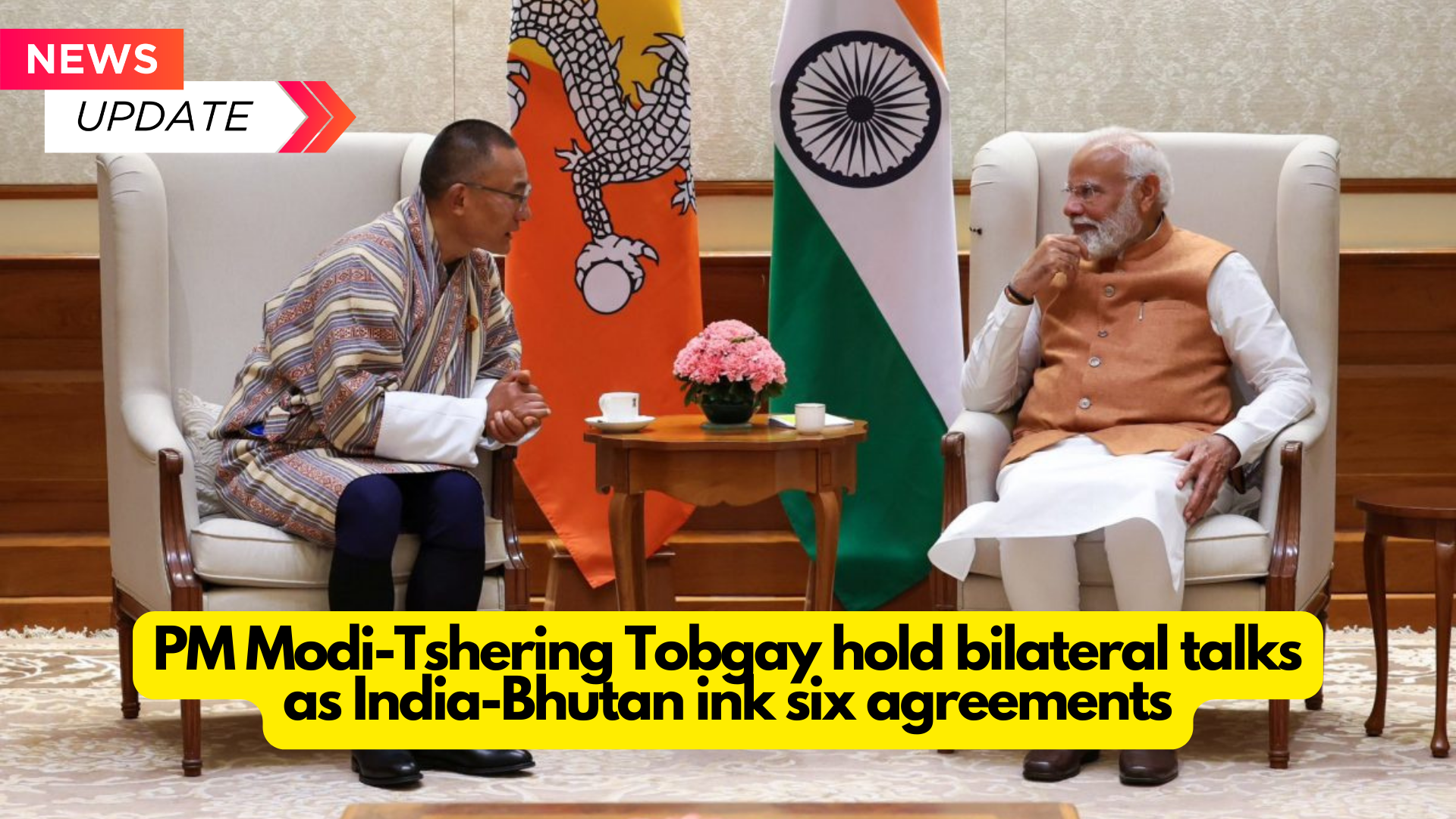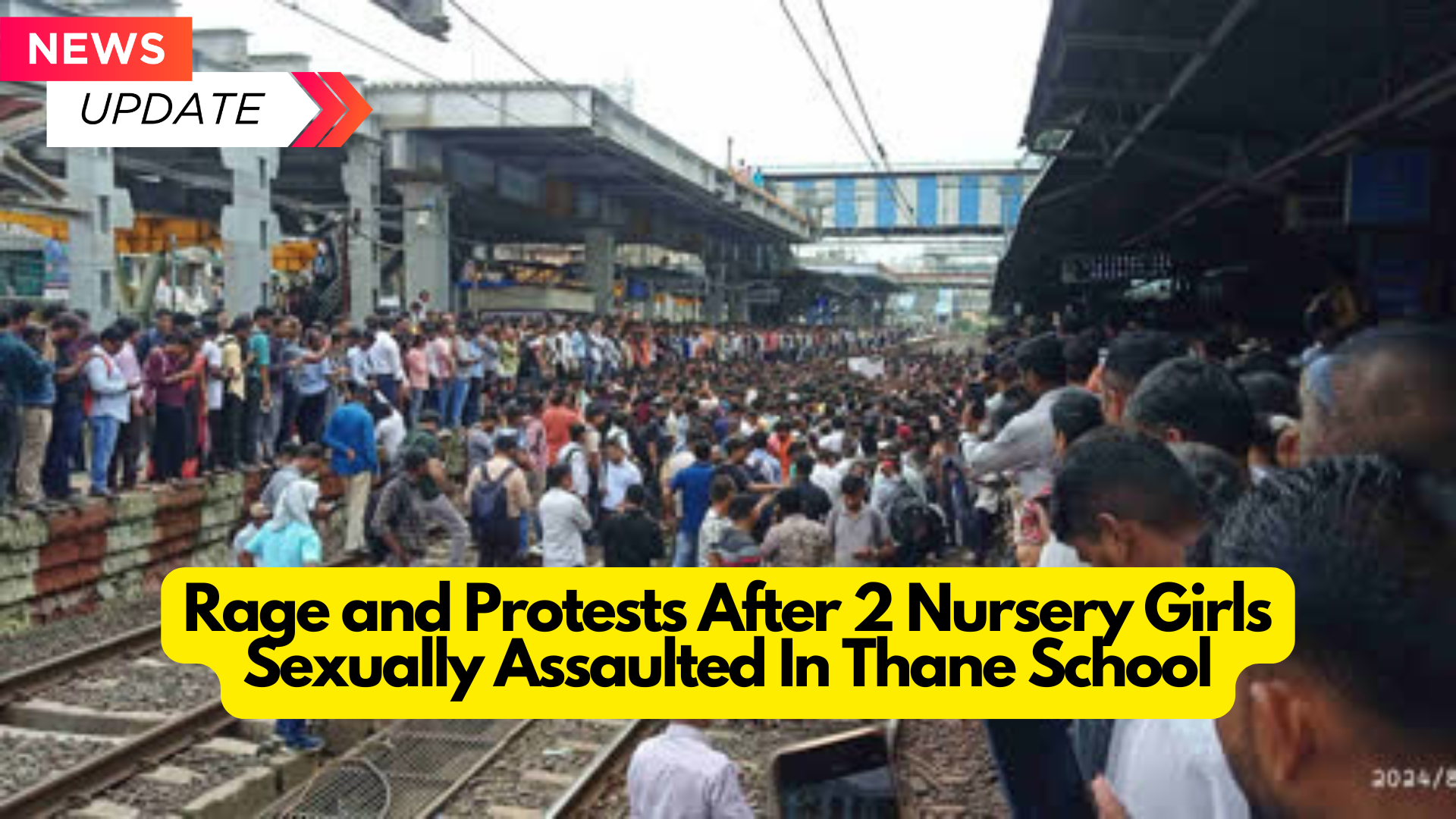PM Modi traveled to Bhutan a day after his visit was postponed owing to severe weather above the Paro airport.
India and Bhutan signed six agreements on Friday to strengthen cooperation in areas ranging from energy to space, as Prime Minister Narendra Modi met with his Bhutanese counterpart Tshering Tobgay to strengthen bilateral ties amid China’s efforts to resolve a border dispute with the Himalayan nation.
It is unusual for an Indian PM to visit after the general election dates have been published, and the trip demonstrates the significance New Delhi places on its ties with Thimphu.
Tobgay, who chose India as the destination for his first overseas visit since taking office in January, greeted PM Modi with an embrace upon his arrival in Paro and honored him with a guard of honour.
Bhutan’s King Jigme Khesar Namgyel Wangchuck then bestowed the Order of Druk Gyalpo, the country’s highest accolade, on PM Modi.
During a working lunch in Thimphu, PM Modi and Tobgay discussed different facets of their multifaceted bilateral ties. They agreed to strengthen cooperation in renewable energy, agriculture, the environment and forestry, youth exchanges, and tourism, according to a readout from the external affairs ministry.
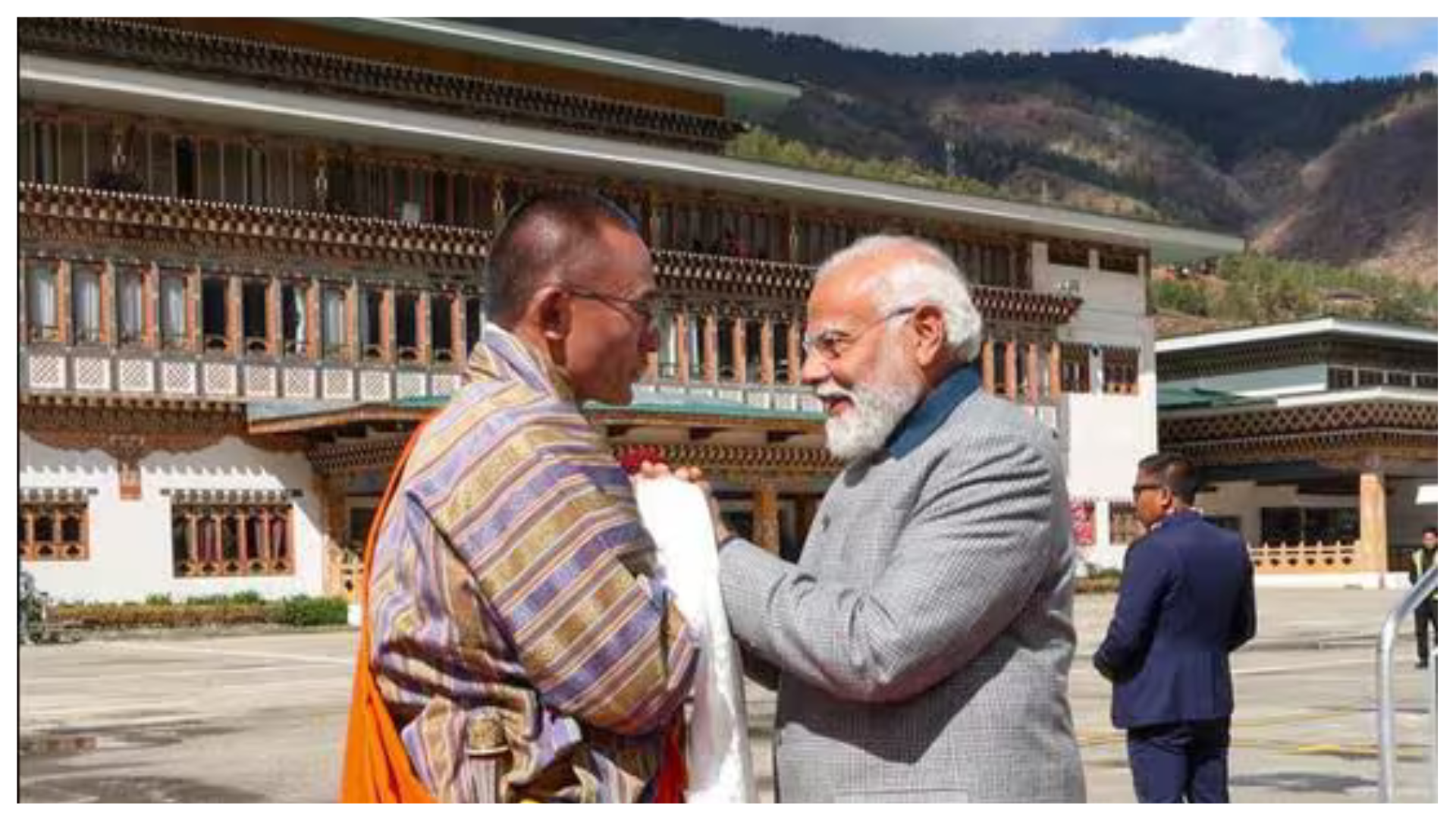
“India and Bhutan enjoy long-standing and exceptional ties characterised by utmost trust, goodwill, and mutual understanding at all levels,” according to the statement.
Before the meeting, the two leaders saw the signing of memoranda of understanding (MoUs) and agreements in fields such as energy, digital connectivity, and space.
Under an MoU on petroleum, oil, lubricants, and similar products, India would enable the delivery of these materials to Bhutan via agreed-upon border locations.
A Joint Plan of Action on Space Cooperation agreement lays forth a strategy for expanding collaboration through exchange programmes and training. In November 2022, an Indian rocket launched a satellite produced jointly by India and Bhutan into orbit.
The two parties also agreed on the language of an MoU to create two rail lines—Kokrajhar-Gelephu and Banarhat-Samtse—as well as the details of their execution.
Another agreement to recognise measures implemented by the Food Safety and Standards Authority of India (FSSAI) and the Bhutan Food and Drug Authority (BFDA) would help bilateral commerce by lowering compliance costs. This Memorandum of Understanding will result in FSSAI accepting BFDA’s export inspection certifications for Indian exports.
Under an energy conservation cooperation agreement, India would help Bhutan improve home energy efficiency by supporting the Bureau of Energy Efficiency’s (BEE) star labelling system.
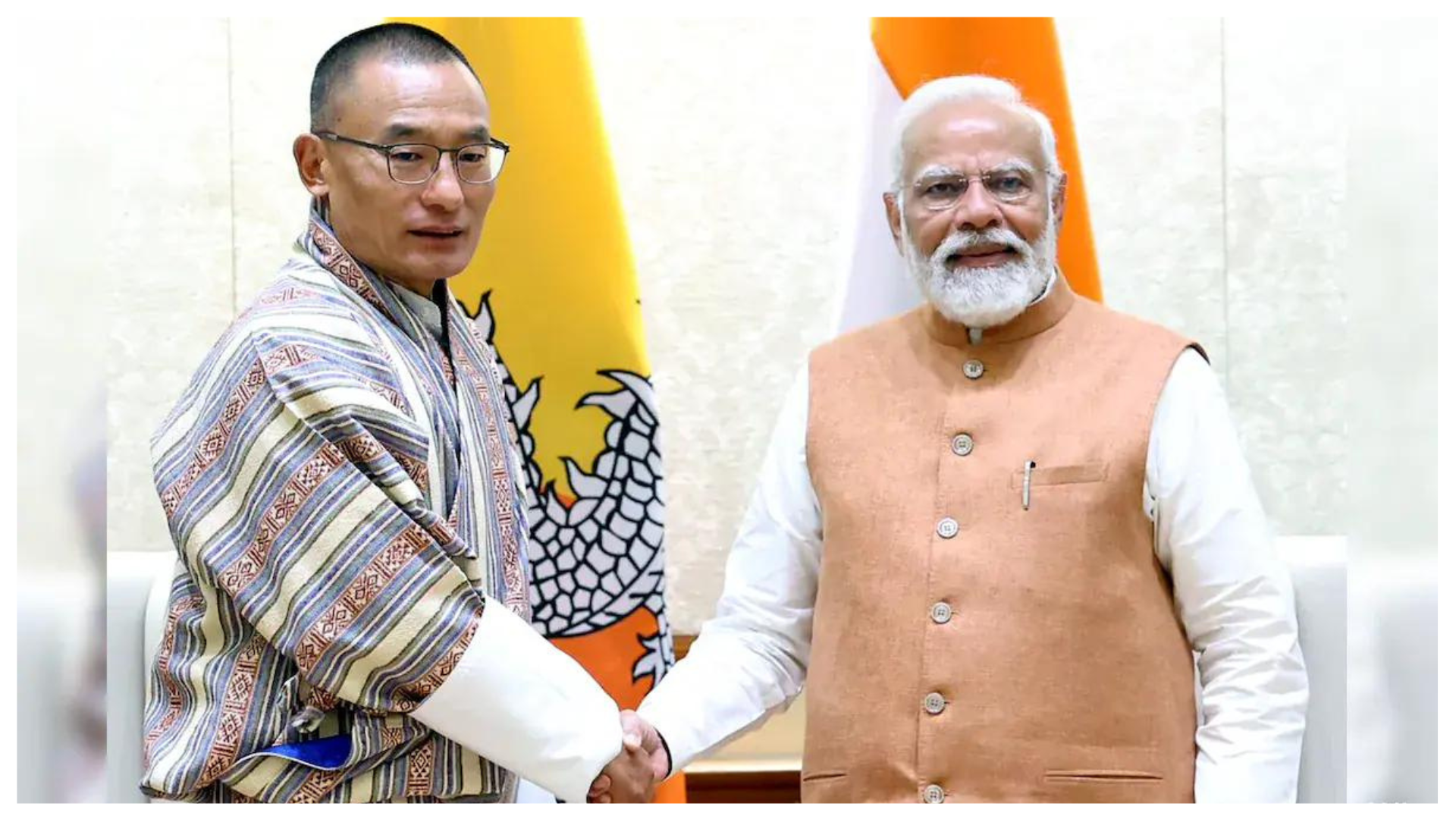
It also addresses the development of building norms and the creation of an energy professional pool in Bhutan through energy auditor training.
An MoU on cooperation on reference standards, pharmacopoeia, vigilance, and medicinal product testing will aid in the development of cooperation and information exchanges for medicine regulation in accordance with each country’s laws and regulations. This MoU will allow Bhutan to adopt the Indian Pharmacopoeia as a book of medicine standards as well as to sell generic medications at inexpensive costs.
The two sides also inked an MoU on cooperation in sports and youth issues, as well as a renewed MoU for a peering arrangement between India’s National Knowledge Network and Bhutan’s Druk Research and Education Network.
Following the meetings between the two premiers, Bhutan’s King bestowed the Order of Druk Gyalpo upon Modi. The award was announced earlier on December 17, 2021, in recognition of Prime Minister Modi’s efforts to enhance India-Bhutan ties and New Delhi’s donation of 500,000 doses of the COVID-19 vaccine.
PM Modi was described as “an outstanding embodiment of national, regional, and global leadership” in the citation. It went on to say that under his leadership, India’s economy has grown at the highest rate and would be the third biggest by 2030.
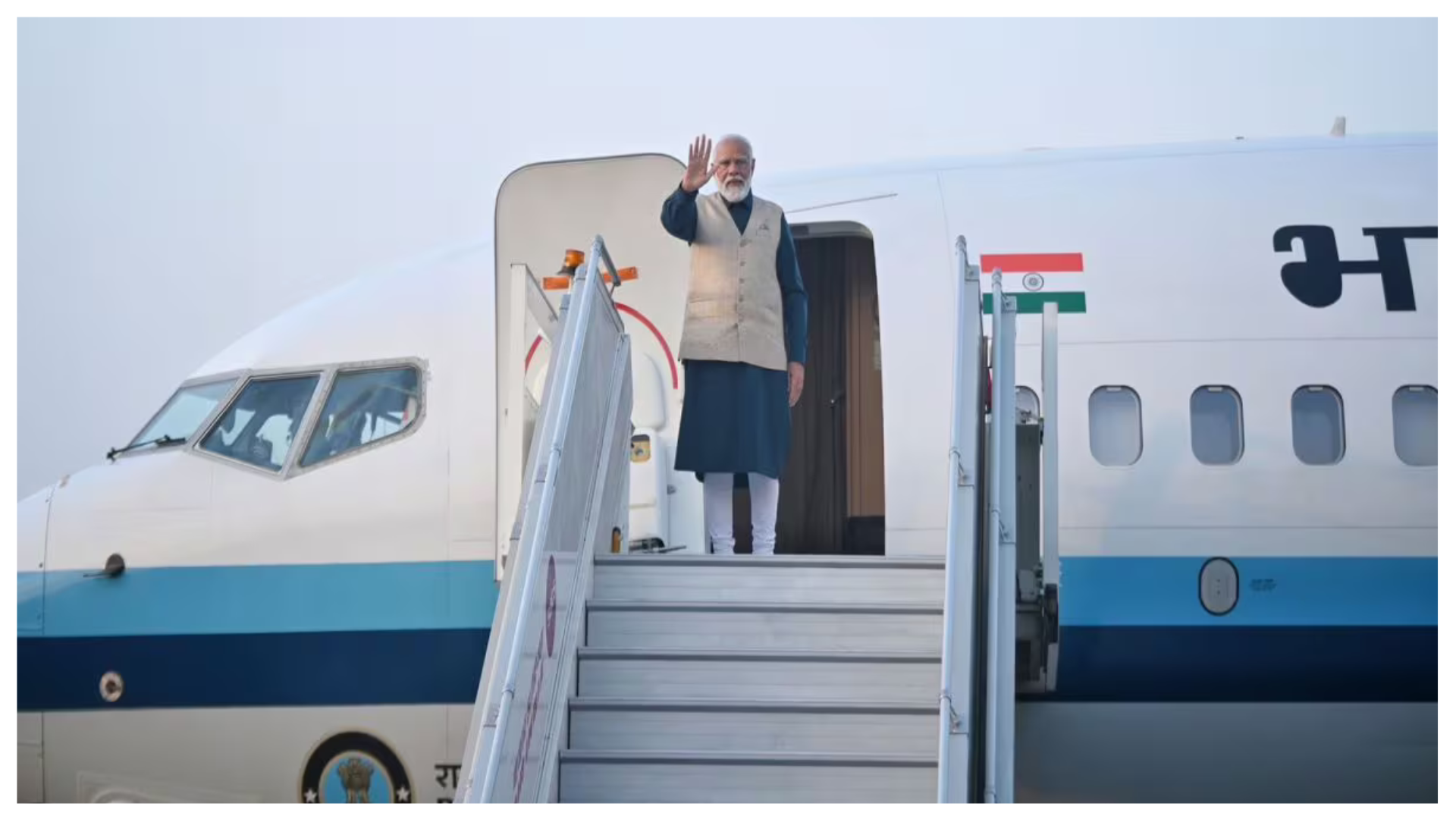
It described him as a “figure of destiny” and stated that his devotion to environmental protection and renewable energy contributes to India’s overall prosperity.
India’s “Neighbourhood First” strategy has strengthened South Asia and set the groundwork for collaborative growth, according to the reference.
“Prime Minister Modi is a firm supporter of Bhutan’s national vision to achieve self-reliance and become a developed nation,” the statement said.
PM Modi’s visit comes amid rumors that Bhutan and China are nearing an agreement to settle their disputed boundary, a move that might have security implications for critical parts of the India-Bhutan frontier, such as the Doklam plateau.
The Indian side has been closely watching Bhutan and China’s efforts to resolve their border conflict.
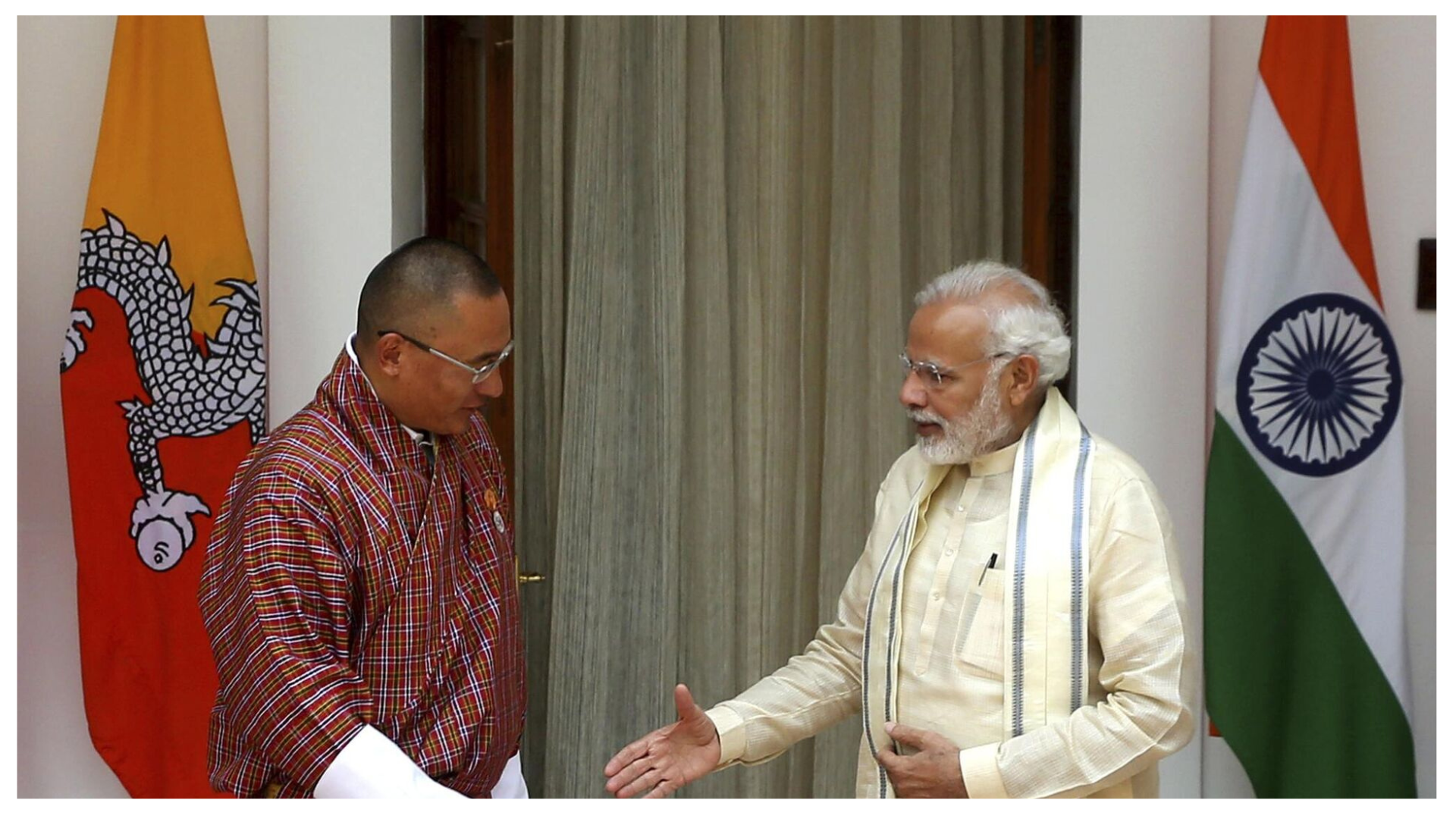
Bhutan held the 25th round of border discussions with China in Beijing late last year, led by Tobgay’s predecessor Lotay Tshering, and inked an agreement for a joint technical team to work on boundary demarcation.
Bhutan relies heavily on Indian finance for its five-year plans, with New Delhi contributing ₹5,000 crore to the 12th plan.
Bhutan received ₹2,068 crore in foreign aid from India in 2024–25, making it the top recipient.
During Tobgay’s visit to India earlier this month, PM Modi stated that India will increase assistance for Bhutan’s 13th five-year plan, including a request for an economic stimulus programme, and that New Delhi’s development funding will focus on infrastructure and connectivity.
